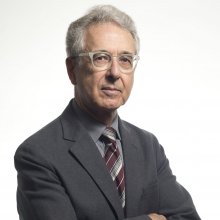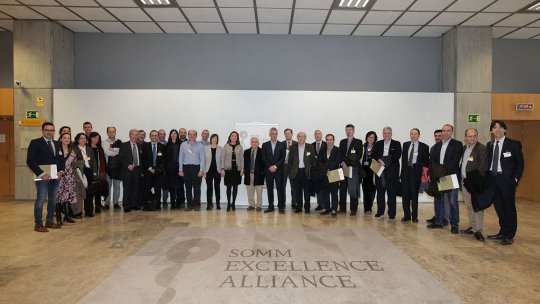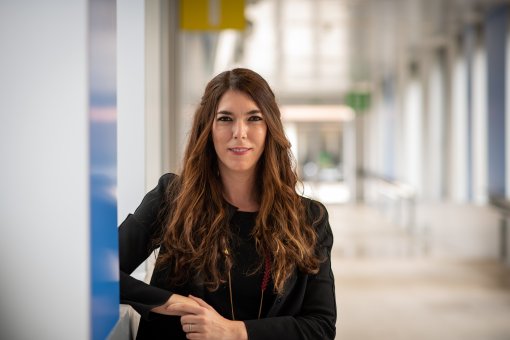Images
Participants

Contact

The creation of SOMMa will allow research centres and units to increase their impact, foster cooperation, work as a network, and enrich the R+D system.
SOMMa has presented a document to draw the attention of politicians to current administrative issues that urgently need to be addressed.
The Severo Ochoa Centres and Maria de Maeztu Units Alliance (SOMMa) brings together research centres and units that hold the Spanish Severo Ochoa and María de Maeztu Excellence Awards respectively. Thanks to the support of the Spanish State Secretariat for Research, Development and Innovation, these centres and units have joined efforts to promote, strengthen and maximise at the national and international level, both the value of science of excellence produced by research centres and units, as well as its economic and social impact.
Among the objectives of the Alliance, the following are highlighted: to increase the national and international visibility of Spanish research, as well as its scientific, economic and social impact; to promote the exchange of scientific knowledge and good practice between the different agents of the Spanish R+D system; to establish a dialogue with society and contribute to fostering scientific culture; and to have a voice in science policy both in Spain and Europe.
In this regard, SOMMa gathers more than 7,000 staff dedicated to research, produces more than 500 PhDs every year, and receives funding for European projects representing an approximate turnover of 530 million Euros over a five-year period. In 2016 alone, SOMMa centres and units published more than 5,800 papers in the best scientific journals, gave rise to 8 new spin-off companies, and yielded more than 100 patent applications and approximately 350 collaborations and contracts with companies.
"These figures prove that the Severo Ochoa and María de Maeztu programmes has boosted the impact, international scientific leadership and competitiveness of these centres and units. The alliance will be highly beneficial because it will allow the best centres to work together in a coordinated manner, thus allowing them to increase their impact," stated the Spanish State Secretary for R+D+i, Carmen Vela.
During an event held on March 12 in Madrid, the “SOMMa Position Paper: Actions required to safeguard the competitiveness of science” was presented. This report seeks to draw the attention of politicians to the aforementioned issues and calls upon them to take action to tackle these issues immediately and in a sustainable manner.
In summary, the three administrative issues presented in the report refer to the criteria for VAT deduction, the regulations governing the hiring of personnel, and the new public tenders law.
The position paper proposes to reach a transversal agreement that will be backed by all parliamentary groups. The following solutions are proposed:
- The consideration of research, and basic research in particular, as an economic activity, as well as an activity of general interest, whose competitive funding should not be subject to VAT.
- The modification of the public tender regulations for research centres and universities, adapting them to their needs, within the framework of European regulations.
- The relaxing of existing limits regarding staff turnover rate, particularly in regard to structural staff, as well as the inclusion of particular non-permanent, open-ended types of contract. These contracts could eventually be covered by competitive funds from the State’s R+D+i Grants scheme, and should not be taken into account when considering the staff turnover rate.
More information: http://www.somma.es/
About IRB Barcelona
The Institute for Research in Biomedicine (IRB Barcelona) pursues a society free of disease. To this end, it conducts multidisciplinary research of excellence to cure cancer and other diseases linked to ageing. It establishes technology transfer agreements with the pharmaceutical industry and major hospitals to bring research results closer to society, and organises a range of science outreach activities to engage the public in an open dialogue. IRB Barcelona is an international centre that hosts 400 researchers and more than 30 nationalities. Recognised as a Severo Ochoa Centre of Excellence since 2011, IRB Barcelona is a CERCA centre and member of the Barcelona Institute of Science and Technology (BIST).




